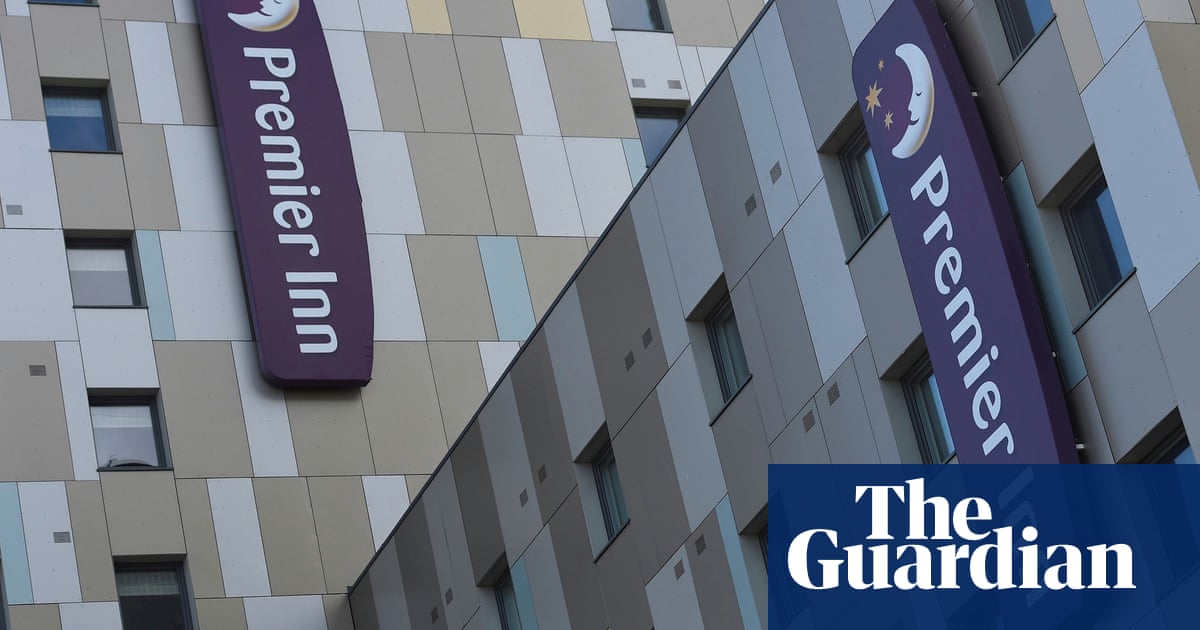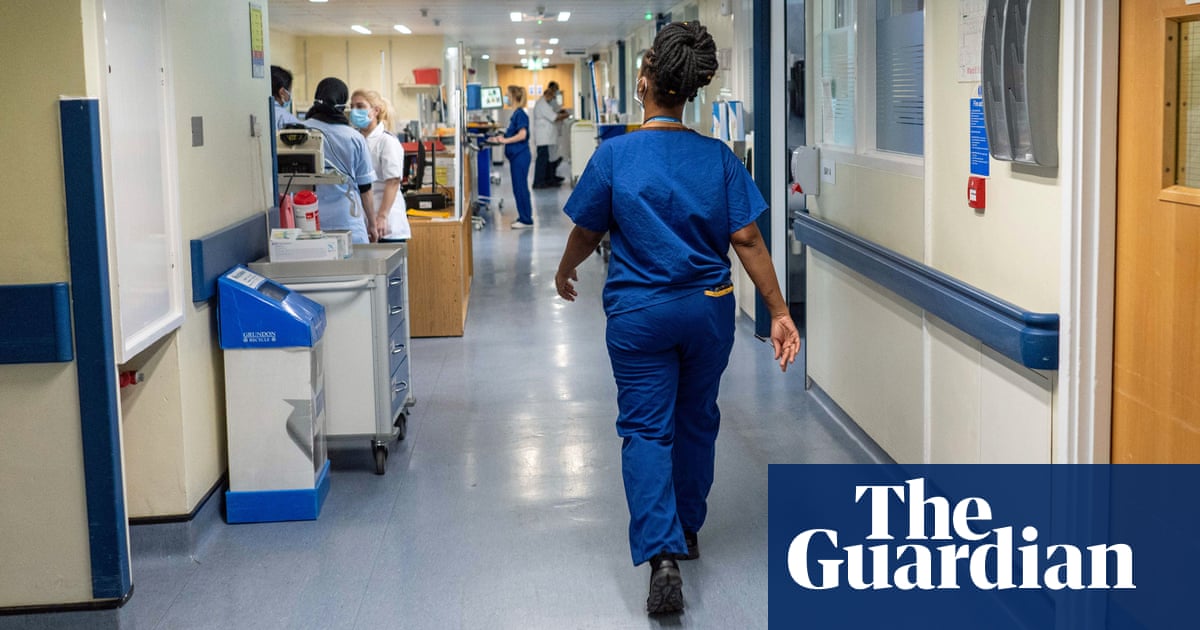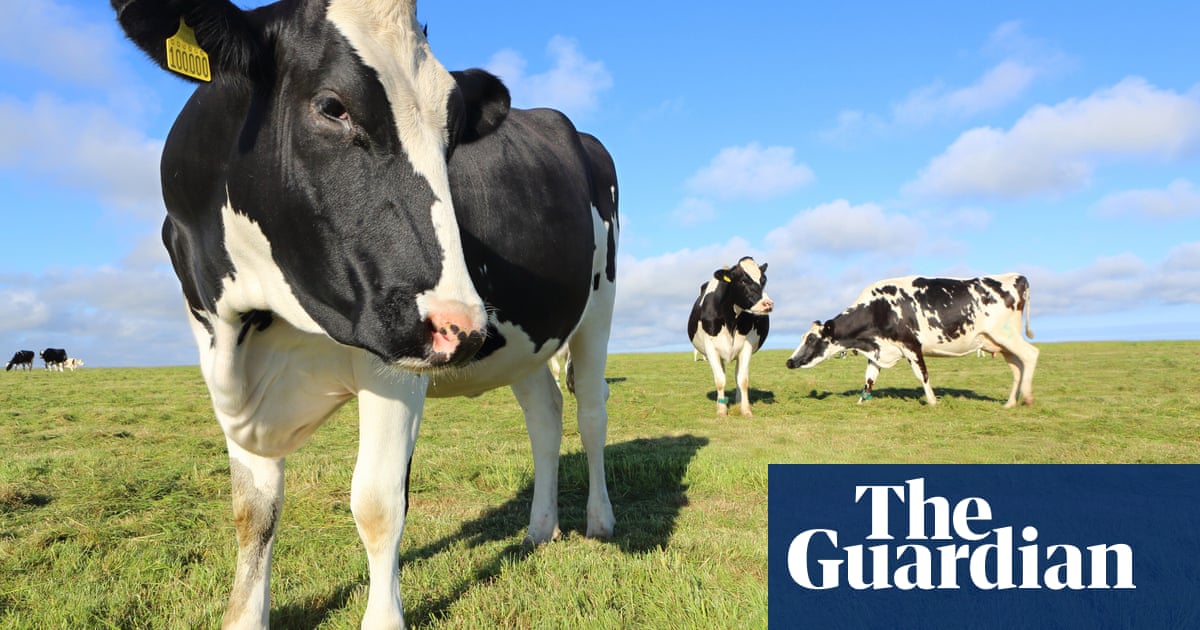
The Premier Inn hotel chain is making a quicker than expected recovery and could return to pre-pandemic profits by next year, as it boosts wages and offers one-off bonuses to tackle staff shortages in the hospitality industry.
The chain said it faced a “material number of vacancies” and it plans to spend an extra £12m to £13m this year to boost wages in an attempt to attract staff to its hotels. It has also set aside £10m to offer one-off retention bonuses in the second half of the year for staff who stay beyond the summer months.
Premier Inn’s owner, Whitbread, said the staff shortages and supply chain problems that are taking a toll on the hospitality sector could pose a risk to its early recovery.
Whitbread’s results for the six months ending 26 August showed that Premier Inn’s regional hotels exceeded pre-pandemic levels of occupancy in the last six weeks of period, and that strong demand from business and leisure travellers had continued into September.
In the UK Whitbread said Premier Inn is outpacing the market for mid-scale and economy hotels, and in Germany the brand is planning to add more than 8,000 rooms to its current portfolio of 5,000.
The company said that although there remained some uncertainty over the restart of business travel, and the evolution of the Covid-19 pandemic over the coming winter, it could see its revenues per room – a key metric in the hotel industry – return to pre-pandemic levels in 2022.
Whitbread, which runs Premier Inn in the UK and Germany as well as a string of small restaurant chains, significantly cut its losses over the 26 weeks to 26 August despite a ban on indoor restaurants and all but essential stays until 17 May.
It reported an adjusted pretax loss of £56.6m for the first half of the year, compared with a loss of £367.4m in the same months last year, and is continuing to cut costs through a £100m efficiency programme.
Alison Brittain, the Whitbread chief executive, said the company has faced a “challenging” environment during the summer and into autumn owing to Premier Inn’s “very high occupancy levels” combined with market-wide supply chain issues and hospitality sector staff shortages.
“Although we are not immune from these challenges, we are well placed to respond,” she said. “Our strategy of ‘investing to win’ has driven a strong relative performance through the first half of the year, and we have the market position and platform to continue this level of performance into the second half of this year and beyond.”












